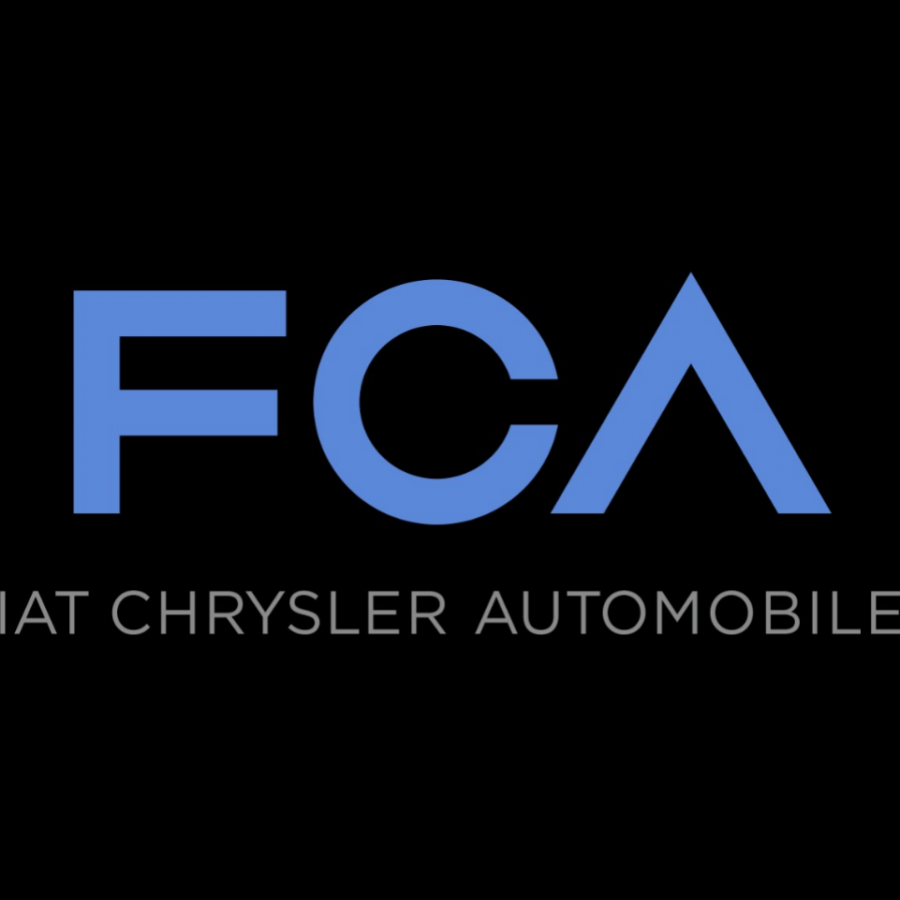EPA Investigates Fiat Chrysler; Claims of Clean Air Act Violations
In the last days of the Obama administration the Environmental Protection Agency (EPA) and the Department of Justice (DoJ) are working overtime to conclude their investigations into the world’s largest automakers and their suppliers. Just one day after the federal government charged six Volkswagen executives for crimes connected to the German automaker’s massive diesel emissions cheating scandal, the EPA announced details of their investigation into Fiat Chrysler (FCA) for the same reasons. Reports have also come to light indicating that the DoJ is in the middle of their own inquiry into the Italian automaker over the alleged diesel engine emissions cheating, but they have not confirmed or released any details.
Federal and state regulators allege that Fiat Chrysler is in violation of the Clean Air Act by not reporting the existence of engine regulating software in more than 100,000 of their diesel engines. Fiat Chrysler asserts that there has been no impropriety and that the software is there to regulate the engine’s performance—not to deceive emissions regulators. The CEO of Fiat Chrysler, Sergio Marchionne, went as far as to say the contention that FCA attempted to cheat emissions standards is “absolute nonsense.” But the EPA, DoJ, and the California Air Resources Board (CARB) are not so sure.
“Once again, a major automaker made the business decision to skirt the rules and got caught,” said Mary Nichols, chair of the CARB board. “CARB and U.S. EPA made a commitment to enhance testing as the Volkswagen case developed, and this is a result of that collaboration.”
CARB and the EPA are currently probing 2014 to 2016 Jeep Grand Cherokee SUVs and Dodge Ram 1500 pickup trucks, both which are equipped with one of FCA’s 3-liter diesel engines that have the undisclosed software made by Bosch, one of the world’s largest automotive parts suppliers. Bosch, a German engineering and electronics company, is also currently under investigation by federal authorities for making the software, now known as the “defeat device.” It was Bosch’s software that helped Volkswagen make their diesel engines look as if they were compliant with emissions standards when they were far exceeding them.
Fiat Chrysler CEO Insists No Defeat Device Installed
“We are confident that no one at FCA committed any fraud or tried not to be compliant,” said Marchionne, who has been CEO of Fiat Chrysler since 2009. “We may be technically deficient but not immoral. We never installed any defeat device.”
At this point no evidence has been released that shows Fiat Chrysler cheating on an emissions test, but by not telling authorities about the Bosch software they may be in violation of the Clean Air Act. Some regulators, however, go one step further and believe that, just like Volkswagen’s diesel engines, the FCA vehicles in question are polluting more on the road than in the lab. If that claim turns out to be true, the EPA estimates Fiat Chrysler could be on the hook for over $4.6 billion in fines. Volkswagen’s scandal is six times larger in size (600,000+ affected vehicles) and so far the German automaker has been forced to pay more than $20 billion to the U.S. government, North American consumers, and to mitigate the pollution caused by the affected diesel engines.
The federal probe comes as more bad news to Fiat Chrysler owners and shareholders who have been witness to a series of recent calamities. In June, Fiat Chrysler settled a lawsuit with the Federal Trade Commission for nearly $15 billion over accusations they were misleading U.S. consumers about some of their engines being clean diesels when they were not. And Fiat Chrysler is also currently under investigation by U.S. authorities for shady sales practices, where the automaker has been alleged to artificially inflate their sales numbers by paying dealers to falsify sales reports.
Shares of Fiat Chrysler were selling for over $11 before the investigation was announced and then immediately fell 10% after traders heard the news. The stock has not yet recovered, but it is up to $9.49 a share from around $7 one year ago.


